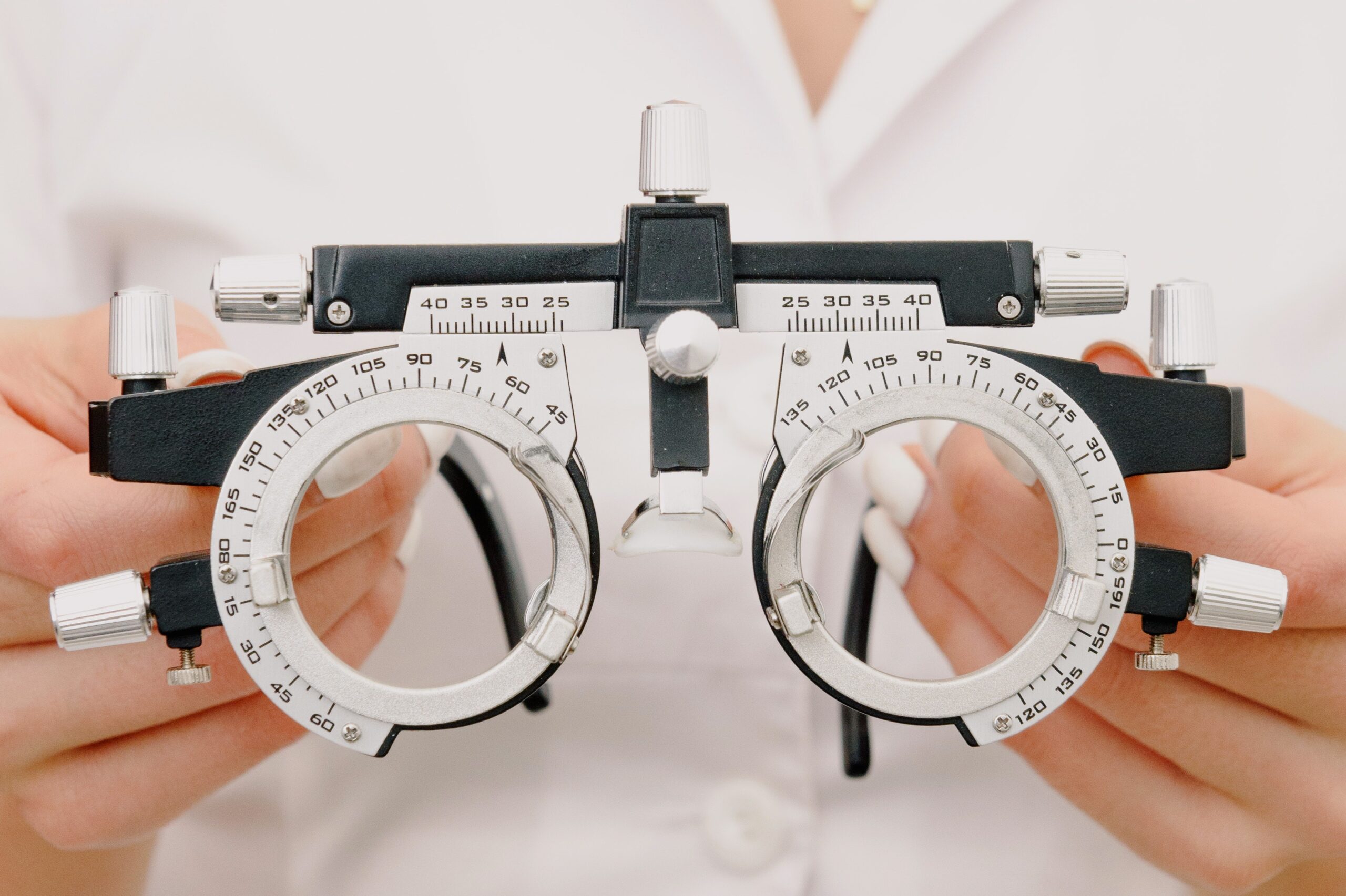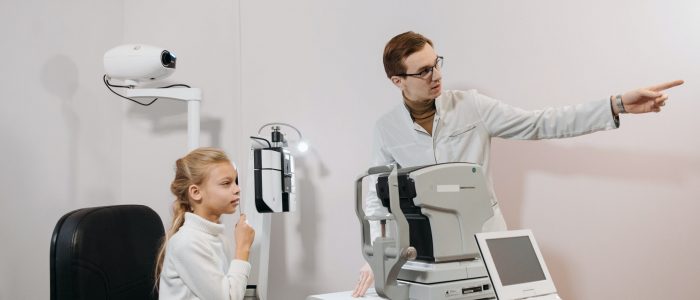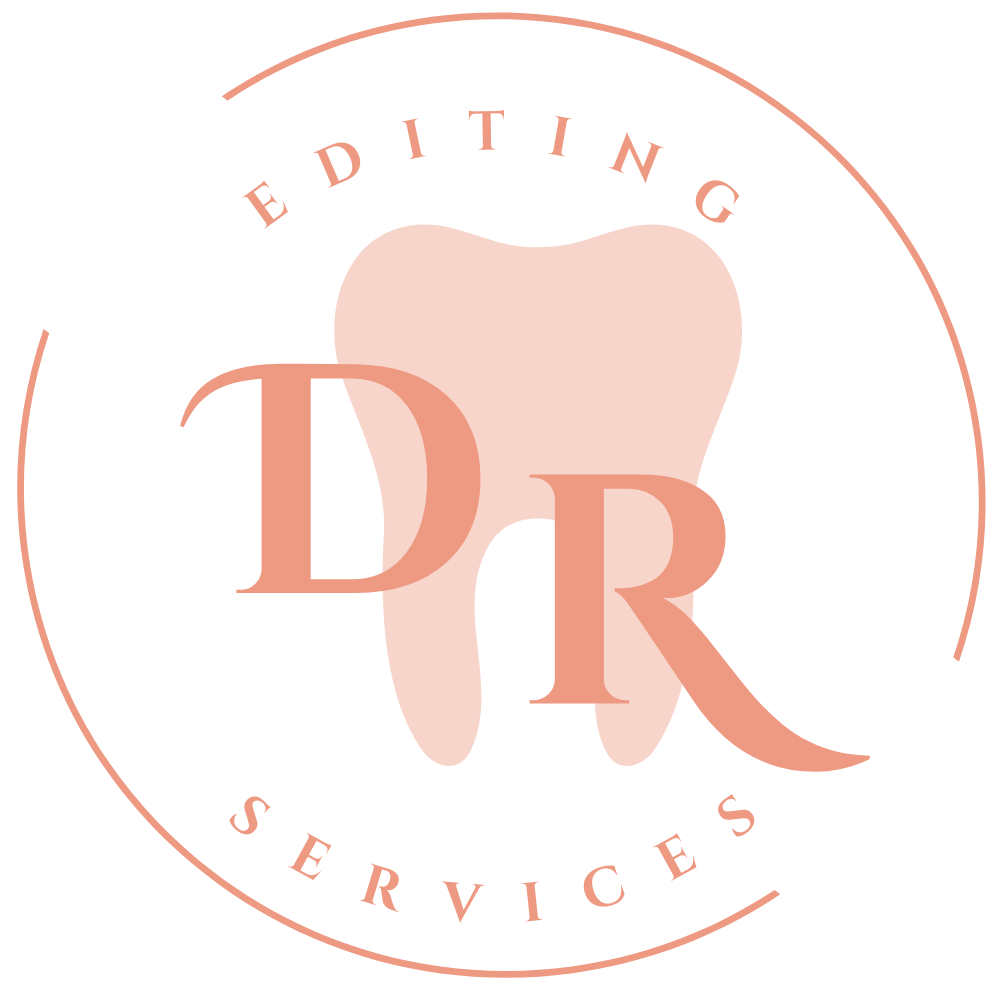
The Personal Statement Optometry Edition
The personal statement for Optometry plays a significant role in the application process for many universities. They provide the admissions team with information on your academia, work experience, and personality, to help them determine whether you’re a good fit for their program.
Personal Statement Format - Optometry
A structured and well-written personal statement will highlight your strengths and demonstrate your transferable skillset. You should include your educational background, work history, volunteering, extracurriculars, hobbies, and aspirations (whether you want to stay in primary care, work in a hospital, or create your own business). If you’ve taken courses related to optometry, be sure to mention those too.
If you’re not too sure what to write about, ask yourself these questions:
What do I hope to accomplish by applying to optometry?
How have my experiences prepared me for university?
Why should they choose me?
This guide has you covered with keywords, bonus tips, and a successful personal statement optometry example.
If you’re applying through UCAS, then you’re limited to 4000 characters (including spaces) and up to 47 lines. Check your length by pasting your draft here, you may need to remove the spaces between paragraphs- this is normal and you will not be penalised for that.
Table of Contents
3 Steps
Step 1: Understand an Optometrist's Scope of Practice
An optometrist’s Scope of Practice simply means what their roles are, what they’re allowed to do, and day-to-day roles.
Roles – Research the difference between roles of dispensing opticians, optometrists, ophthalmologists, and
– this will show off your background research and understanding.
If you have shadowed an optometrist, mention their roles in educating, advocating, and treating patients. This isn’t somewhere to list roles but suggests how you hope to make a difference through these roles.
Standards of Practice – Look into the General Optical Council Standards– These are 19 standards each optical professional must abide by. Integrate some of these in your personal statement optometry.
e.g., Standard 5: Keep your knowledge and skills up to date – Show your ability to research outside of your currciculum, mention an article, or research that you read. Show that you’re aware that learning extends beyond university!

Step 2: Keywords
Keywords are essential in the optometry personal statement. The admission team will scan for keywords when reading the statement and these will make you stand out. Not only will it make you stand out, but it will also show you’ve done your research, paid attention during your work experience, and read about the profession.
Keywords- Personal Statement Optometry
These main qualities will make you stand out. Applying for optometry is competitive and many other applicants have the same qualifications, A Levels and grades. Therefore, I strongly recommend not talking about your A Level subjects and focus on your extracurriculars, volunteering, wider reading, research, books and focus on your personal journey outside of sixth form/college.
Step 3: Mentor/Editing Service
Find a Mentor
Most applicants resort to their career adviser for help with their optometry personal statement. Make sure your career adviser has a track record of successful students who have previously applied and helped with a personal statement optometry application.
Optometry is a unique field, focusing on the eyes and a part of healthcare. It’s competitive, meaning you want to use each paragraph to add value rather than repeating what’s already on your UCAS application.
The universities will have your academic records, predicted grades, and final results- so they know you’re hard working and can handle the workload. They want to know how you are as a person, your work experience, knowledge beyond the A Level curriculum, and evidence of your caring nature.
Professional Mentor– a personal statement editor or advisor is someone who helps applicants for a living. They should have had experience with optometry and the application process. My services include editing, rewriting, content addition or budget services which include proofreading, review, and grammar corrections.
Optometrist– if you’ve shadowed an optometrist you might be able to ask them to read through your personal statement for optometry. They can highlight any technical errors or fact-check to make sure the content is correct

Personal Statement Optometry Example
“As an avid photographer, I grew passionate about learning the different camera lenses, apertures, and their impact on focus. This intertwined with my anatomical interests, which stemmed from biology, where I dissected an eye. Visualising the ciliary muscles and learning their function alongside the zonular fibres helped me to understand their function on the lens. A simple contraction causes tension enabling us to focus on near objects. This significant but small muscle carries out an essential function, if impaired, our vision would be hugely affected. Researching this inspired me to understand ocular anatomy and age-related conditions.
My research and the dissection tutorial sparked my fascination for vision health. As a teenager, I was always drawn to healthcare, but I was now drawn to this fascinating sector of healthcare. Following my research on age-related conditions, I came across cataracts which are prevalent within the geriatric population. I oversaw the impact cataracts had on elderly patients while volunteering weekly at a residential home. Many residents lacked independence due to their visual impairments and mobility issues. I recognised that many required visual aids, glasses, or regular medication and appointments. To understand the impact this had on their quality of life, I spoke to many who were happy to share their stories. I empathised with their struggles and understood how vision is essential. I also learned how residents coped with their deteriorating vision by improving their room lighting, colour-coded medication, and asking for help.
I was able to help with tasks like clipping nails, meal times, and cleaning. I found the team to be very helpful, and we worked closely to make sure everyone was cared for. This work was undoubtedly rewarding, but it made me wonder how those in developing countries or of a lower income are able to access or afford such care. This made me grateful for the cataract surgeries and extensive care the NHS provides for all ages. I hope to use this experience to understand my future patients and educate them on coping methods while they await surgery. I found myself using a more gentle and slower speech when communicating with elderly patients; some suffered from hearing issues and additionally required me to write things down or speak facing them while accentuating my words. I now bear this in mind and am more patient and empathetic toward others.
To understand what optometry entails, I shadowed my optometrist for two weeks. I oversaw consultations, eye health checks, diabetic checks, and the use of OCT scans. Being eager to learn, I curiously asked the optometrist to explain the purpose behind each check. I’m grateful that she was kind enough to explain the procedures and the various conditions that can arise. We spoke about retinal detachment, symptoms, and the risk of sudden vision loss. I recognised how crucial it is to care for those in the chair, whether it be elderly patients or those with limited English. Each required a thorough check and an explanation that they could understand.
In order to gain a comprehensive experience, I learned about the administrative side of optometry, what is involved in running a clinic, and ensuring referrals are followed up. I had a chance to respond to phone calls and book appointments. This improved my communication skills and ability to empathise with those who were distressed by their symptoms, I could relate as I had recently suffered from allergies, which caused a great deal of irritation and itchiness.
Overall, I believe my shadowing, rooted interests in anatomy, and willingness to work in a patient-centred profession have drawn me to optometry. I, therefore, wish to learn, develop, and treat those who are in my care by providing a quality service that will continue beyond university.”
Overview
Remember- Scope of Practice, use keywords, and get help with your Personal Statement Optometry
Sentence structure, flow, spelling, and grammar are equally important. Without flow and good transitional sentences, it becomes difficult to read, losing the admission tutor’s interest.
Therefore, I strongly advise getting professional help with the draft once it is written. Invest in your future now to maximise your chances of getting into your dream 0ptometry course.




